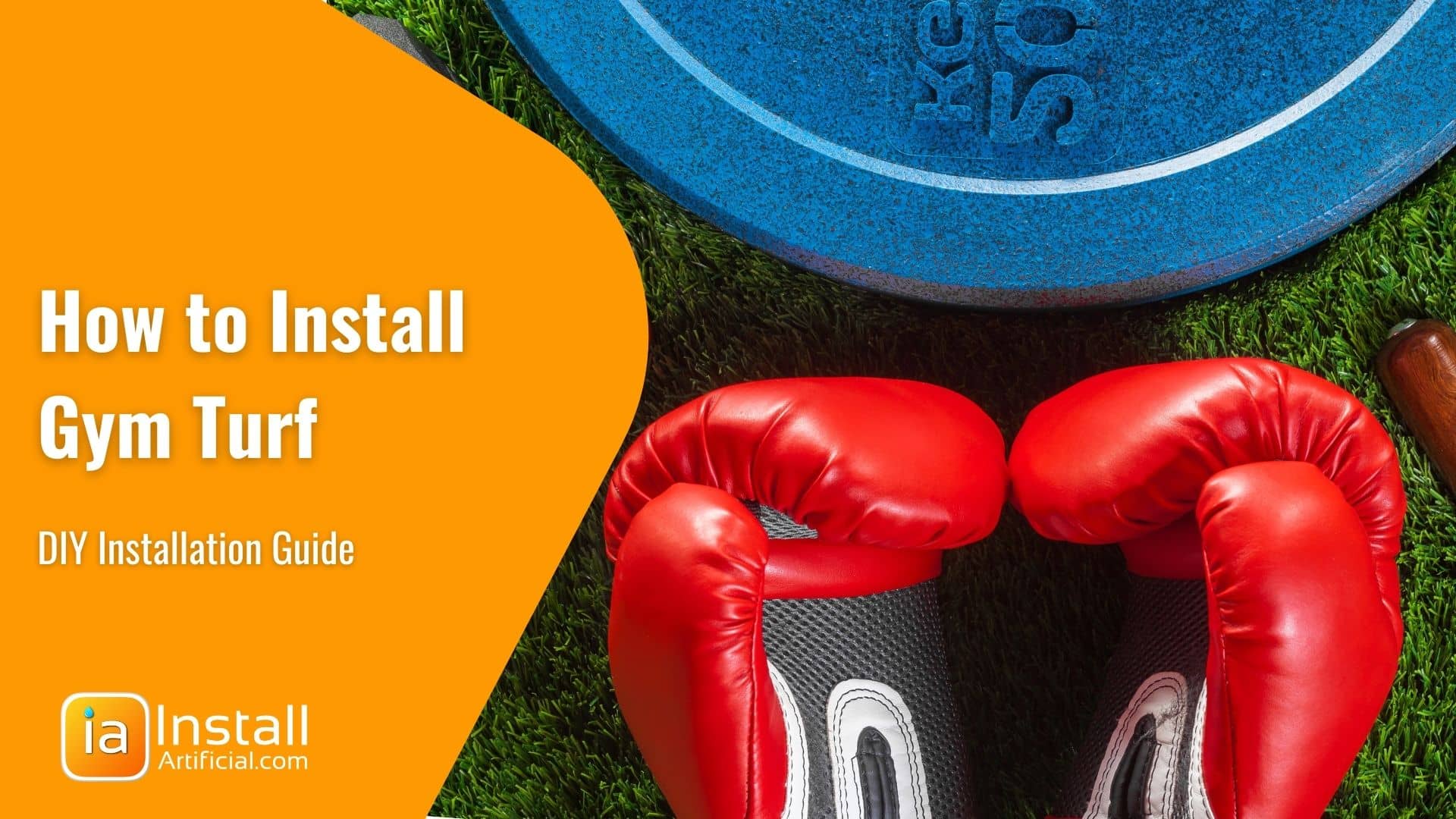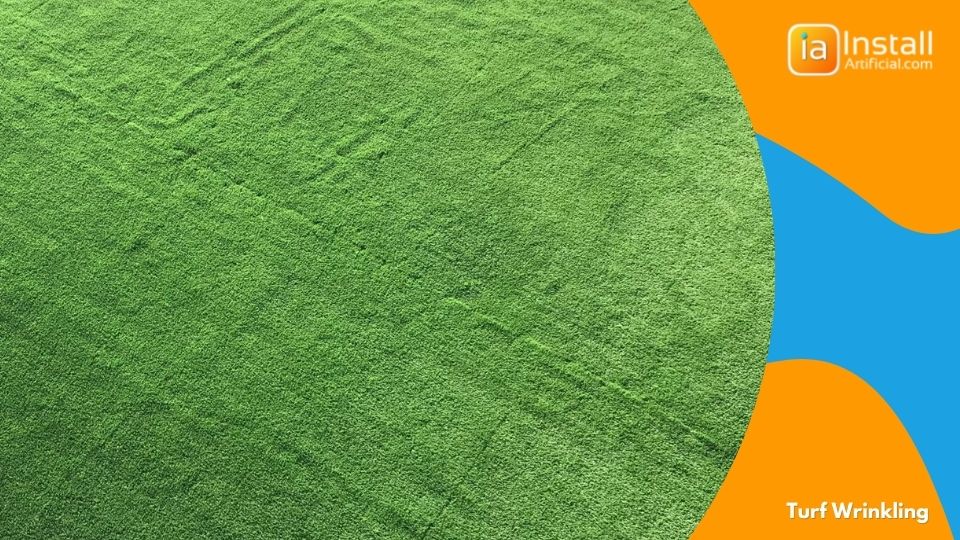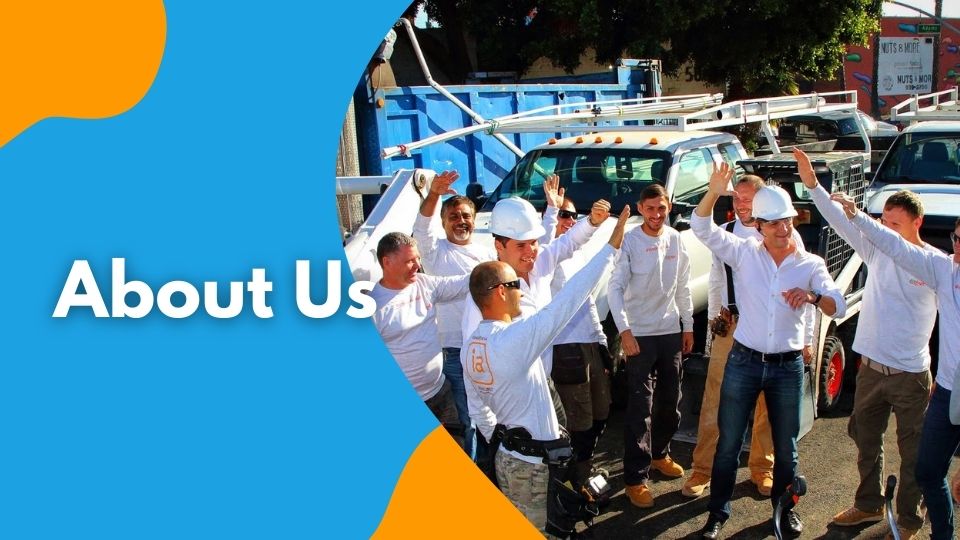
Understand the difference between gym turf and sports turf to purchase the right turf for your indoor fitness facility. Reference this DIY guide when installing gym turf...
Learn the importance of sand infill in artificial grass installation projects. Hear the consequences of cutting corners and eliminating this step, and how it affects the overall lifespan of your installation. Keep reading below!
If you’re in the beginning stages of planning the installation of a synthetic turf system, you may be considering what add ons are necessary. Should you include turf infill in your synthetic turf system? Do the benefits truly outweigh the costs? At InstallArtificial, we always recommend including a high-quality turf infill, and here's why:
Due to temperature fluctuation, the turf materials may begin to expand. Infill weighs down the surface and helps prevent the artificial grass from wrinkling or buckling over time. When the turf raises it not only affects the aesthetics of your lawn, but this can pose a safety risk as well. With no infill, the surface can become inconsistent and bumpy and become a fall hazard.

Infill provides a protective barrier for your turf backing and fibers. When applied, it blocks harmful UV rays and sun exposure from damaging the artificial material. It's a loose granular substance that locks the fibers in an upright position so they stay durable and protective for longer. This helps prevent the blades from matting by foot traffic. In addition to providing structural support, it also serves as a buffer against sharp objects that can easily tear holes in the turf and be detrimental to the backing layer.
Applying a layer of Infill provides synthetic turf with increased longevity. It increases the lifespan of the entire synthetic turf system and keeps maintenance and repair costs down.
The infill can also assist in water drainage on your turf's surface. A high-quality infill with round granules, like Envirofill, is ideal for drainage because it's less abrasive and doesn't compact together. Infill materials that are too stiff will not drain properly and may clog the surface resulting in drainage issues, pooling, and mildew.
Some high-quality turf infill options have antimicrobial abilities that are effective in reducing bacteria, algae, and mildew. Specifically for pet owners, this is necessary for maintaining the life of your installation.
Overall, applying infill on top of your new artificial turf install is vital to the lifespan of your lawn. For best results, brush through the blades of the grass occasionally to evenly disperse the infill throughout the surface. When you're ready to get your project started, request a free estimate and let the experts handle it!

Understand the difference between gym turf and sports turf to purchase the right turf for your indoor fitness facility. Reference this DIY guide when installing gym turf...

InstallArtificial was established in 2016. Since its creation, it has expanded to two construction teams that install artificial grass all over Los Angeles. We also work...